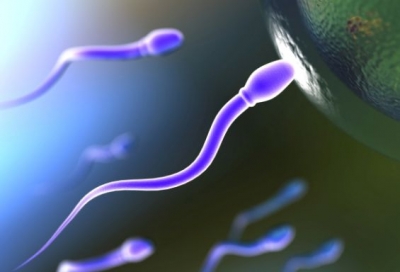The number of couples in their late 30s and 40s attempting pregnancy is increasing. Currently 25% of patients at Barbados Fertility Centre are aged 40 or over. It is common to delay starting a family for a number of reasons: second relationships, career and educational demands, desire for financial stability, waiting for a stable relationship, however it is important to understand that fertility in women declines with age, particularly in the late 30s and 40s. This is a normal part of the ageing process.
As women become older, the chance of becoming pregnant is lower, the chance of having a miscarriage is higher and there is an increased risk of chromosomal abnormalities in the baby. In the general population, the chance of becoming pregnant after the age of 40 is estimated to be only 5% per cycle compared to about 25% per cycle in the under 40 age groups. One-third of couples where the woman is over 35 may have fertility problems. Treatments such as IVF cannot reverse the effects of age on fertility.
As men become older, the chances of achieving a pregnancy are lowered to a lesser degree than in women, as sperm generation continues throughout life. Women, on the other hand, are born with a finite number of eggs and do not produce any more during a lifetime. Geneticists believe genetic mistakes do increase with age in males. This is thought to be in the order of 0.5% in males over 40 years of age and increases to 1% at 45, 2% at 50 and 5% at 55.
Reasons for Decline in Fertility
There is an increased incidence of gynecological problems as women age. Endometriosis, fibroids, and pelvic infections all may reduce fertility, however the ageing of the eggs is thought to be the major cause of reduced fertility. Girls are born with about 400,000 eggs in their ovaries. The eggs are matured and ovulated during each menstrual cycle. For every egg that is released many more degenerate and are re-absorbed into the body. Eventually the ovary does not respond to the hormones that mature and release eggs and the woman experiences menopause. Because the eggs are present in the ovaries from birth, they age as the woman grows older, reducing their quality.
This is in contrast to male reproduction where sperm are constantly manufactured and replaced. The ageing of the eggs reduces their ability to be fertilized and to divide properly, leading to chromosomal abnormalities and a higher risk of miscarriage. Older women who receive eggs from a younger donor have a much higher chance of conceiving, confirming that the age of the eggs is crucial in achieving a pregnancy.
In IVF, age has a number of effects on the success of the treatment. The number of eggs collected is lower in older women and the quality of the embryos also generally decreases.
Higher doses of hormones are usually required in older women and there is also a higher risk of not having an egg collection due to poor or no response to the stimulating drugs. Unfortunately there is no way to reverse these effects of age on fertility.
Although age is not an absolute barrier to pregnancy, such factors as regular menstrual cycles or having had children before, do not necessarily indicate that pregnancy is possible in the late 30s and 40s.
For some women donor egg treatment may be the best chance to achieve a pregnancy. Information about the Donor Egg Program at Barbados Fertility Centre is available from your nurse coordinator, counsellor or clinician.


